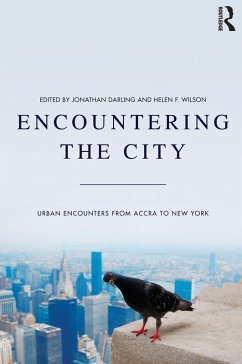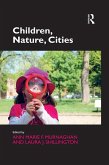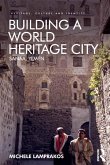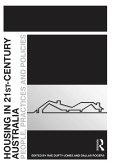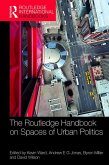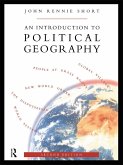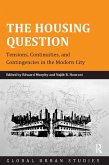Drawing on cutting-edge theoretical work, classic writings on the city and rich empirical examples, this volume demonstrates why encounters are significant to urban studies, politically, philosophically and analytically, it provides an insight into how scholars writing on and in the city mobilise, theorise and challenge the concept of encounter through empirical cases taken from Africa, Asia, Australia, Europe, North America and South America. These cases go beyond conventional accounts of urban conviviality, to demonstrate how encounters destabilise, rework and produce difference, fold together complex temporalities, materialise power and transform political relations. In doing so, the collection retains a critical eye on the forms of regulation, containment and inequality that shape the taking place of urban encounter.
Dieser Download kann aus rechtlichen Gründen nur mit Rechnungsadresse in A, B, BG, CY, CZ, D, DK, EW, E, FIN, F, GR, HR, H, IRL, I, LT, L, LR, M, NL, PL, P, R, S, SLO, SK ausgeliefert werden.

